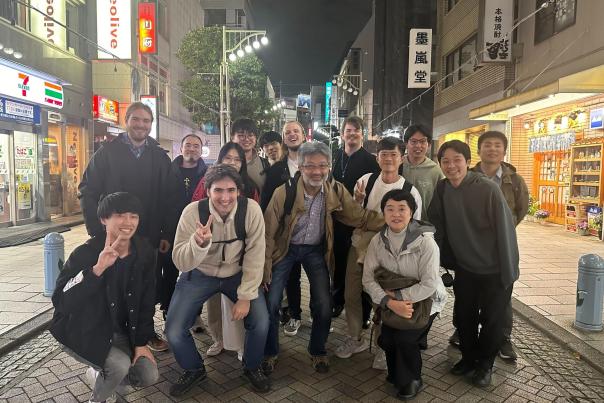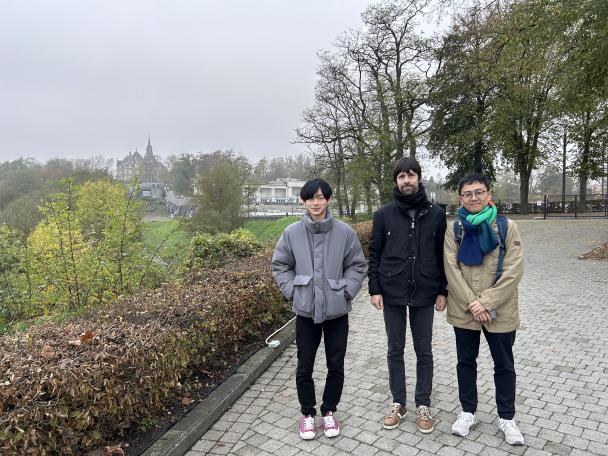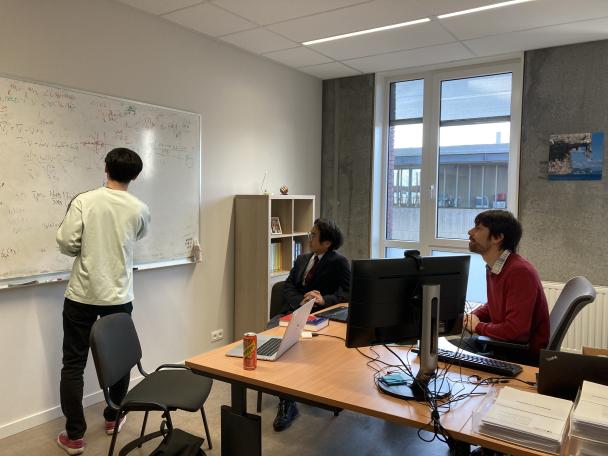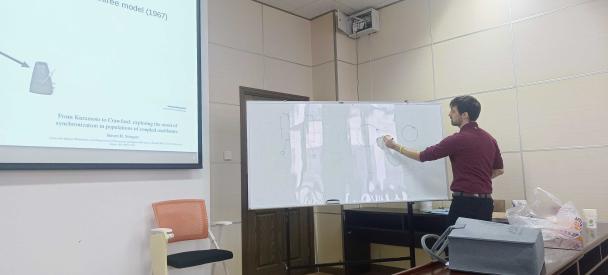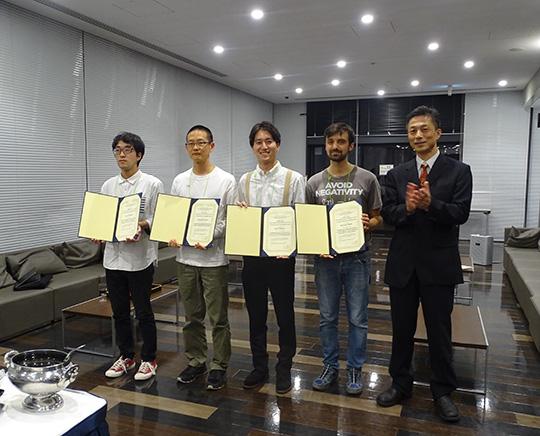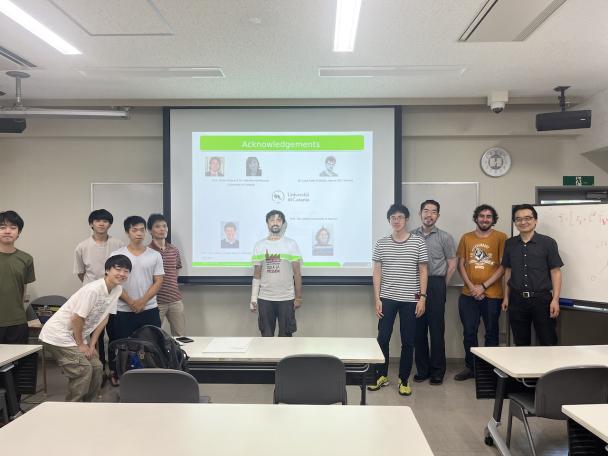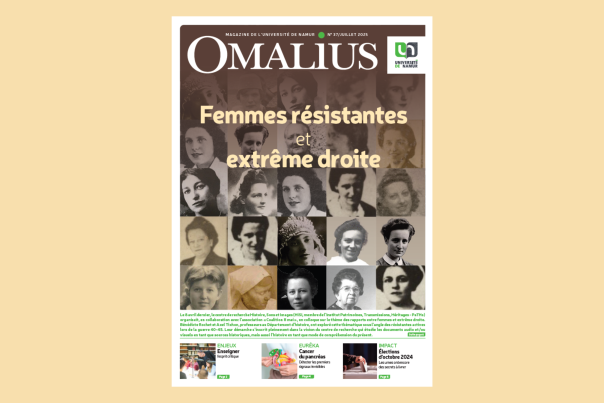From video games to artificial intelligence, a stopover in Japan
Japan is almost 10,000 kilometers from Belgium, a country that fascinates, not least for its rich culture full of contrasts. Researchers at UNamur maintain close ties with several Japanese institutions, particularly in the fields of computer science, mathematics and video games. Let's take a look at some of these collaborations.
.

